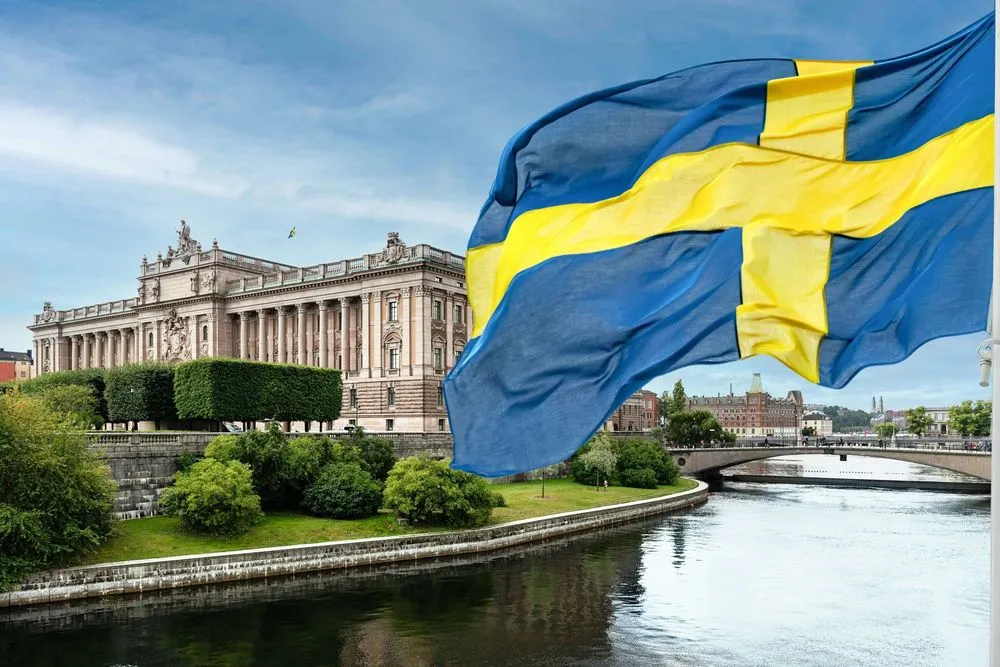Sweden launches “Psychological Defence Agency” to combat misinformation
Sweden launched a new agency at the beginning of the year aimed at defending itself against disinformation, propaganda, and “psychological warfare.”
The Psychological Defence Agency, as it is being called, raises the stakes in the global battle over misinformation and poses the question: What exactly should governments do when they think the battleground is their citizens’ minds?
This question isn’t new, but is seen as an increasingly urgent policy debate as democracies struggle to preserve freedom of expression rights while combating influence campaigns by governments and other actors that use the internet to rapidly share false information.
Many countries—including the United States—have long operated state-affiliated media organizations, which can greatly vary in terms of accuracy and journalistic freedom. But online misinformation campaigns can make it much harder to tell the source of propaganda efforts. Meanwhile, many authoritarian regimes are also using similar language about defending against misinformation to frame their own efforts at controlling dissent.
The Swedish agency describes its mission as involving both actually identifying misinformation as well as building community resilience to harmful influence campaigns through education. It is headed by Swedish diplomat Henrik Landerholm.
In an interview with Swedish radio after his appointment was announced, Landerholm pointed to Russia, China, and Iran as sources of misinformation campaigns targeting the country and noted Russian attempts to interfere with past U.S. presidential elections, the Telegraph reported.
Swedish officials have been warning of the increasing threat of false information for years. The country also faced Russian attempts to interfere in recent elections, leading the government to mount a coordinated effort to combat such campaigns.
That push, which included training thousands of civil servants about responding to misinformation as well as working with journalists and social media companies to limit its spread, helped model a role for the new agency.
In the radio interview, Landerholm sought to differentiate the agency and the country’s prior efforts to counter disinformation from Orwellian propaganda efforts.
"This is not the Ministry of Truth or a State Information Board like we had during the Cold War," Landerholm said. "We want to protect freedom of opinion in our country."
Andrea Peterson
(they/them) is a longtime cybersecurity journalist who cut their teeth covering technology policy at ThinkProgress (RIP) and The Washington Post before doing deep-dive public records investigations at the Project on Government Oversight and American Oversight.



